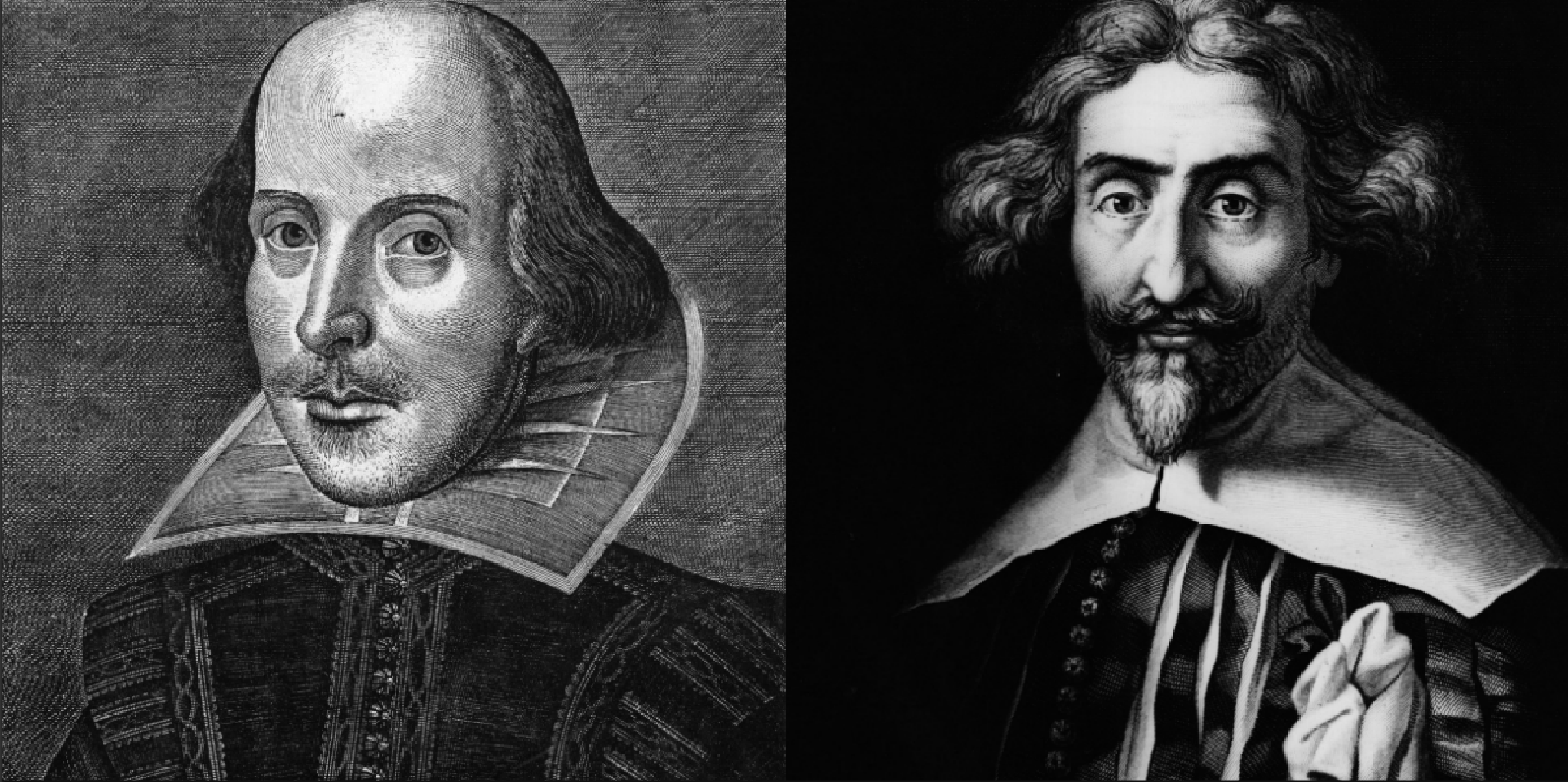(CNN Spain) — International Book Day is celebrated every April 23, but why is that? choose this special day?
UNESCO explains it on the web page: April 23 is a “symbolic day” for world literature “since that day in 1616 Cervantes, Shakespeare and Inca Garcilaso de la Vega died.”
In addition, “the date also coincides with the birth or death of other prominent writers such as Maurice Druon, Haldor K. Laxness, Vladimir Nabokov, Josep Pla and Manuel Mejía Vallejo,” the UN entity explained.
For this reason, in 1995, the Unesco General Conference, held in Paris, decided to “pay universal tribute to books and writers on this date, encouraging everyone, and especially young people, to discover the joy of reading”.
Book Day aims to “recognize the irreplaceable contribution of those who have promoted the social and cultural progress of mankind,” Unesco said.
Did Cervantes and Shakespeare die on the same day?
But wait a minute.
Did Cervantes and Shakespeare really die on the same day of the same year? It’s always been said, but it may not be entirely true. The reason? Certain customs and calendars used by Spain and Great Britain at that time.
Miguel de Cervantes Saavedra did not die on April 23, but was buried that day. In fact, he had died the day before, on April 22, 1616.
This is indicated by the Spanish Ministry of Education, Culture and Sports in Memorial website for the 400th anniversary of the author’s death.
In those days, it was the custom to bury the deceased the day after his death—something that continues to this day—and record on death certificates the date of burial, not death, as he remembers. EFE institute.
That is why his death went down in history as April 23, when it actually happened on the 22nd.
And William Shakespeare? In this case, the reference that he died on April 23, 1616 is beyond doubt, because Encyclopedia BritannicaFor example.
However, when dates are mentioned, an important fact is forgotten: the calendar governing Great Britain at the time.
Until 1582, the entire Western world was governed by the Julian calendar, imposed by Roman Emperor Julius Caesar. That year, Pope Gregory XII created his own: the Gregorian, which was quickly introduced in Catholic countries like Spain, France and Portugal, according to reports. aciprensa.com.
Great Britain did not adopt the Gregorian calendar until 1752, according to the same website. That is, in 1616, when both authors died, the two countries were governed by 10-day different calendars, and April 23 in Great Britain, in Spain (and most of the Western world), May 3. 1616.
This was confirmed to CNN in Spanish by Carlos Mayoral, the Spanish philologist and author of the book “I’m starting to believe it’s a lie”, who described it as “myth, attitude and marketing” to make the two deaths coincide.
Cities designated as World Book Capitals strive to promote books and reading and organize activities throughout the year.
Among the above are:
Madrid, Spain (2001)
Alexandria, Egypt (2002)
Delhi, India (2003)
Antwerp, Belgium (2004)
Montreal, Canada (2005)
Turin, Italy (2006)
Bogota, Colombia (2007)
Amsterdam, Netherlands (2008)
Beirut, Lebanon (2009)
Ljubljana, Slovenia (2010)
Buenos Aires, Argentina (2011)
Yerevan, Armenia (2012)
Bangkok, Thailand (2013)
Harbor Harcourt, Nigeria (2014)
Incheon, South Korea (2015)
Wroclaw, Poland (2016)
Conakry, Guinea (2017)
Athens, Greece (2018)
Sharjah, United Arab Emirates (2019)
Kuala Lumpur, Malaysia (2020)
Tbilisi, Georgia (2021)
Guadalajara, Mexico (2022)
Accra, Ghana (2023)
— This news has been updated.

“Entrepreneur. Internet fanatic. Certified zombie scholar. Friendly troublemaker. Bacon expert.”






